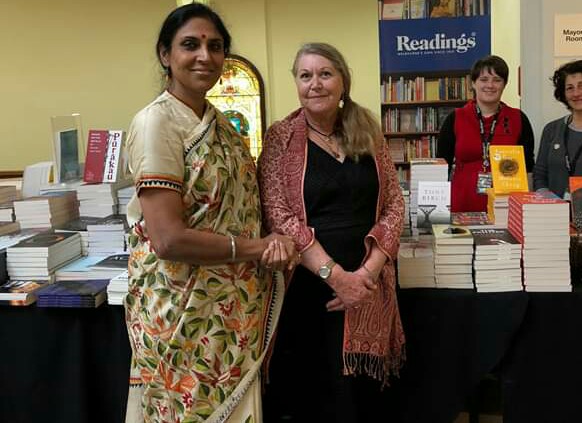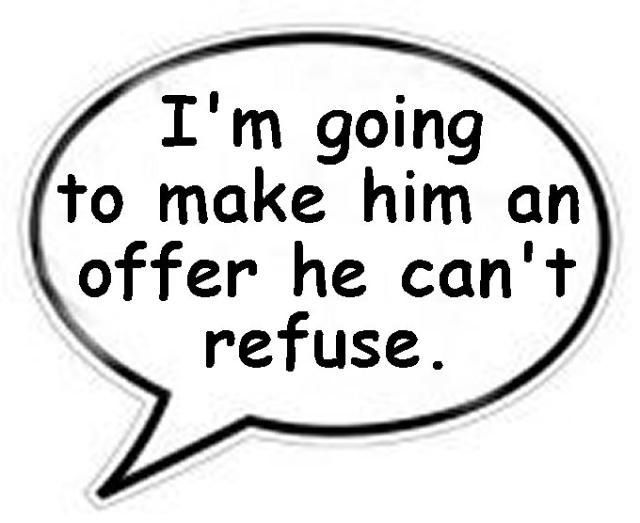
Exciting news from Meenakshi Bharat re launch of GLASS WALLS in India on Tuesday 24 September: ‘Her Excellency Ms Harinder Sidhu, the Australian High Commissioner in Delhi has kindly agreed to release Glass Walls.’
The Australian launch of GLASS WALLS will be Sunday 20 October in Melbourne as part of the Australian Short Story Festival.. I am honored to have a story included in this collection of stories of tolerance and intolerance from the Indian subcontinent and Australia. There’s my name on the back cover alongside literary greats such as David Malouf and Elizabeth Jolley.
So what is the Australian Short Story Festival?
The Australian Short Story Festival is an annual celebration of short stories in written and spoken forms. The Festival brings together local, national and international short story authors and oral storytellers in a culturally diverse and vibrant celebration of storytelling in the shorter form.
My favourite contemporary short story writer is Canadian Alice Munro. I have five of her collections on my bookshelves.
Alice Ann Munro is a Canadian short-story writer who won the Nobel Prize in Literature in 2013. Munro’s work has been described as having revolutionized the architecture of short stories, especially in its tendency to move forward and backward in time. Wikipedia
When it comes to the classics, it’s hard to beat the gigantic talent of writer James Joyce.
James Augustine Aloysius Joyce was an Irish novelist, short story writer, poet, teacher, and literary critic. He contributed to the modernist avant-garde and is regarded as one of the most influential and important authors of the 20th century. Wikipedia
His most often referred to short story is The Dead.
“The Dead” is the final short story in the 1914 collection Dubliners by James Joyce. The other stories in the collection are shorter, whereas at 15,952 words, “The Dead” is almost long enough to be described as a novella.
This is the last paragraph of James Joyce’s, “The Dead” and an explanation of what it means by sparknotes:
Yes, the newspapers were right: snow was general all over Ireland. It was falling on every part of the dark central plain, on the treeless hills, falling softly upon the Bog of Allen and, farther westward, softly falling into the dark mutinous Shannon waves. It was falling, too, upon every part of the lonely churchyard on the hill where Michael Furey lay buried.
—“The Dead”
‘In the very last paragraph of “The Dead,” and hence the last paragraph of Dubliners, Gabriel gazes out of his hotel window, watching the falling snow and reflecting on his wife Gretta’s recent confession about her childhood love, Michael Furey. Previously in the story, Gabriel had been intoxicated and energized by Gretta’s preoccupied mood, which reminded him of their courtship, but her outburst of sobbing undermines his self-assurance. This quiet moment of contemplation portrays Gabriel’s muted, hushed acceptance that he was not Gretta’s first love, and that in fact he has never felt love at all. The blanket of snow suggests this sense of numbness in Gabriel’s character—he is literally frigid to emotion—but also the commonality of this trait. The snow does not fall only outside of Gabriel’s window, but, as he envisions it, across the country, from the Harbor of Dublin in the east, to the south in Shannon, and to the west. In other words, everyone, everywhere, is as numb as he is.
‘In this image, Gabriel also contemplates his mortality, and how his living experience intersects with death and the dead. Snow falls everywhere in Ireland, including on the grave of Michael Furey, who has so recently entered his life. In his speech at his aunts’ party, Gabriel had called for the need to live one’s life without brooding over the memories of the dead, but here he realizes the futility of such divisions and the lack of feeling they expose in his character. Gretta cannot forget the pain of the dead in her life, and her acute suffering illustrates for Gabriel that the dead are very much a part of the lives around him, including his own. That Gabriel’s reflections occur in the nighttime adds to the significance of this quote. As he now broods over the dead, he hovers in that flickering state that separates the vibrancy of one daytime from the next. The darkness above the ground mirrors the darkness beneath the ground, where coffins of the dead rest.’ – sparknotes
I love a well written short story. What about you?







